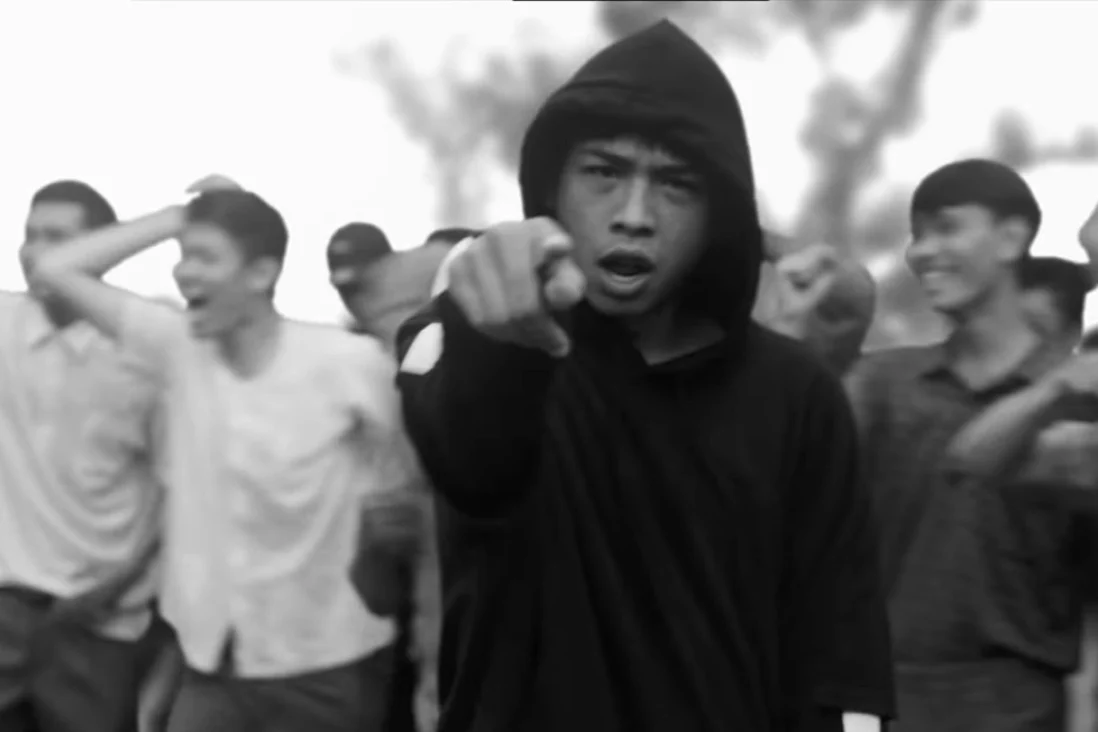Confession time. When I chose protest music as this month’s deep dive, I had no idea just how much of a history lesson it would become. But I’m not complaining. I love learning about history, so I’m loving this month’s topic so far. That being said, this past week I looked at protest music in Asia, and my main takeaway is just how little I know about the history of that continent. But I now have a fairly comprehensive understanding of the past 150 years of history of Myanmar, so that’s a start. Not exactly a happy start, but a start nonetheless. So let’s start there.
I began the week by reading about the historical struggle for democracy in Myanmar, previously known as Burma. For almost 150 years, Myanmar has either been occupied by foreign powers or ruled by a military dictatorship. But protests against these have existed for almost as long. In particular, the 8888 Uprising of 1988 was a pro-democracy movement that swept the country, and music was used as a tool to call people to the streets. Three songs in particular became the anthems of this movement: “We Shall Not Surrender Till the End of the World” by Naing Myanmar, “Blood Oath” by Htoo Ein Thin, and “Encourage Mi Nge” by Ko Ne Win.
Unfortunately, truly free elections did not take place until 2015, and sadly, democracy in Myanmar didn’t last long. In 2021, the military staged a coup d’état, prompting more widespread protests across the country. It also led to the rise of a new protest anthem: “The Dictatorship Must End“. I listened to all of these songs this week, and their lyrics are poignant but searing. They also opened my eyes to an entire history I was previously unaware of.
I then turned to Thailand and discovered I knew shockingly little about the current political situation in that country as well. In a nutshell, it’s not great. But I listened to the fiery anthem “Prathet Ku Mee” by Rap Against the Dictatorship, and marvelled at the audacity and ferociousness of its message. The song ended with the line, “Polarizing the people is the authoritarian’s ultimate weapon”, and I promptly broke out in goosebumps.
Next up was South Korea and its own pro-democracy movements of the 1980s. I read about the Gwangju Massacre, and how it inspired the song “Marching for the Beloved“, which promptly became a pro-democracy anthem. It’s also gone on to inspire several other countries, with versions existing in Hong Kong, Taiwan, Cambodia, Malaysia, Thailand, and Indonesia. I then read about how “Raise the Umbrella” by Lo Hiu-pan became the anthem of the 2014 pro-democracy protests in Hong Kong. And I listened to “Fragile” by Malaysian rapper Namewee, which was banned in China for making fun of China’s notoriously thin-skinned ruling party.
I also read about the complicated history and legacy of “Vande Mataram” in India. What was once a fierce song of resistance against British colonial rule is now considered controversial, and many Indians refuse to sing it. I then closed out the week by listening to “Land and Life” by The Messenger Band in Cambodia. This group is composed of former garment workers, and their songs advocate against violence, exploitation, and human rights abuses.
I will admit that prior to this week, I had no idea just how many countries in Asia are still fighting for democracy. Nor did I realize just how bloody the fights were for those who have it now. But I now understand just how important music can be to these struggles. How it can be a powerful outlet for sentiments that those in power would see suppressed. It’s not a coincidence that many of the musicians I listened to this past week have been arrested, detained, and/or threatened by the authorities in their countries. But still they put their music out into the world, publicly proclaiming their hope for a better future. If only we could all be so brave.
Suggestions for artists I should check out? Please contact me with your ideas. I hope you enjoyed your daily helping of art!



